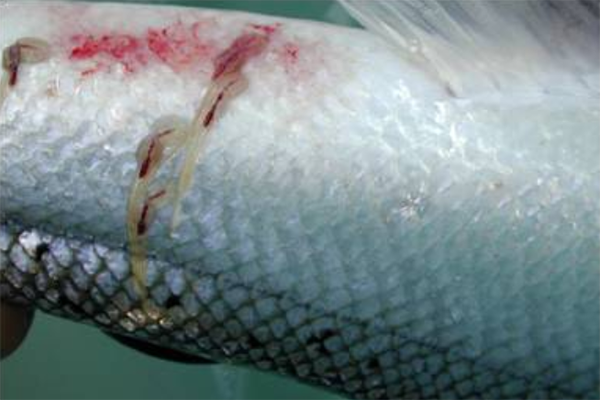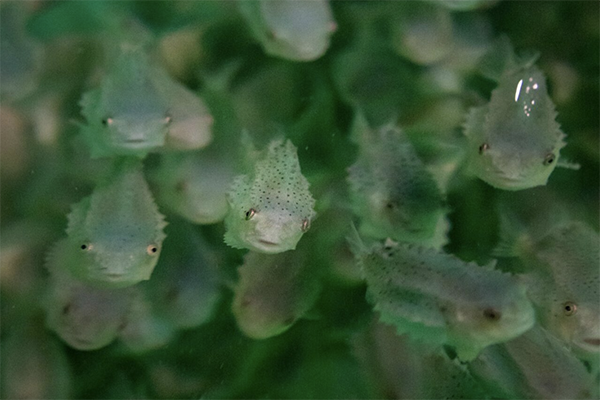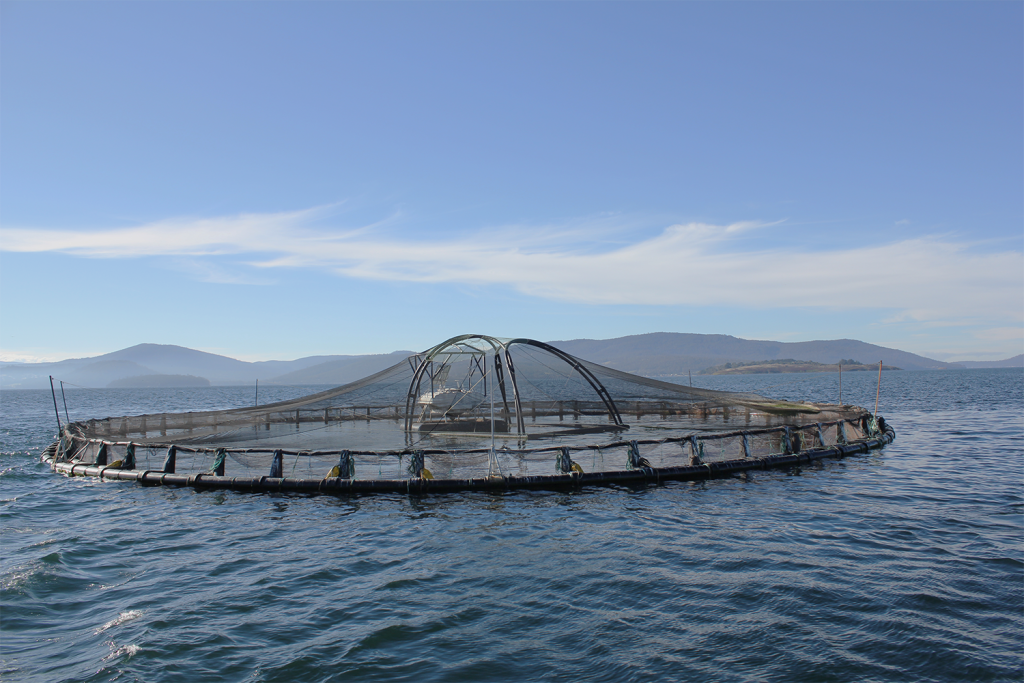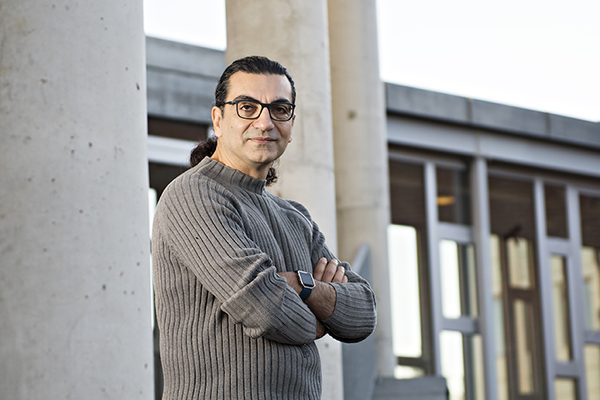Using reverse vaccinology and AI, could an oral vaccine tackle sea lice challenges?

A multidisciplinary team of scientists has been awarded £1.5 million (U.S. $1.9 million) to develop an oral vaccine to combat sea lice in farmed Atlantic salmon. The project may be “a pivotal step” towards a sustainable and effective solution to the pervasive challenges posed by sea lice in the aquaculture industry.
Dr. Sean Monaghan of the University of Stirling’s Institute of Aquaculture will be conducting and running the vaccine trials and assessing molecular aspects of the parasite at infectious life stages that could be exploited for vaccination. The trials will take place at the University’s Marine Environmental Research Laboratory (MERL) at Machrihanish near Campbeltown.
“Through testing combinations of immune-relevant sea lice antigens together, this project will enhance the immunological response to this complex disease agent,” said Monaghan.
Development of a commercial vaccine would provide a practical, safe and eco-friendly approach to tackling the issue while also supporting the goal of the Scottish Government to double the value of Atlantic salmon production between 2016 and 2030. Tests using traditional methods for administering salmon lice vaccines via injection have shown limited success.
As an alternative, a team of internationally renowned experts in the field of ecto-parasitology, molecular biology, bioinformatics, veterinary medicine and fish immunology are developing an oral vaccine that will generate an effective immune response within the skin of the salmon. Funded by the Biotechnology and Biological Sciences Research Council (BBSRC), the project is an interdisciplinary collaboration between the Moredun Research Institute (MRI), the University of Stirling’s Institute of Aquaculture (IoA), Bimeda Animal Health (BAH), which also contributed £150,000 and Vertebrate Antibodies Ltd (VAL) with an Industrial Award Partnership contribution from BAH.
“The development of an innovative salmon louse vaccine represents a ground-breaking approach in the aquaculture industry,” said Dr. Kim Thompson of the Moredun Research Institute, who is leading the project. “By harnessing the power of reverse vaccinology and artificial intelligence, our interdisciplinary team is poised to deliver a practical, safe and environmentally friendly solution for combating the problem of salmon lice.
Thompson said this vaccine, designed to enhance both systemic and mucosal immune responses in Atlantic salmon, could help bolster fish health and welfare but also support the sustainable expansion of the Atlantic salmon industry.
Now that you've reached the end of the article ...
… please consider supporting GSA’s mission to advance responsible seafood practices through education, advocacy and third-party assurances. The Advocate aims to document the evolution of responsible seafood practices and share the expansive knowledge of our vast network of contributors.
By becoming a Global Seafood Alliance member, you’re ensuring that all of the pre-competitive work we do through member benefits, resources and events can continue. Individual membership costs just $50 a year.
Not a GSA member? Join us.
Author
-
Responsible Seafood Advocate
[103,114,111,46,100,111,111,102,97,101,115,108,97,98,111,108,103,64,114,111,116,105,100,101]
Tagged With
Related Posts

Innovation & Investment
Could new technology transform how salmon farming combats sea lice?
Sea lice plague salmon farms globally, but scientists and aquaculture are turning to technology to prevent and manage the pests.

Health & Welfare
Detection and quantification of sea lice using eDNA around aquaculture locations
Novel study uses fully automated L. salmonis eDNA quantification for autonomous water sample analysis of gene targets to monitor parasitic loads.

Health & Welfare
Gene editing eyed as a potential sea lice solution
A Nofima-led study is exploring the possibilities of using gene editing to make salmon more resistant to sea lice.

Health & Welfare
R&D collaboration to explore using AI to count sea lice
The Danish Technological Institute and Benchmark Genetics are exploring the use of artificial intelligence (AI) to count sea lice on salmon.



